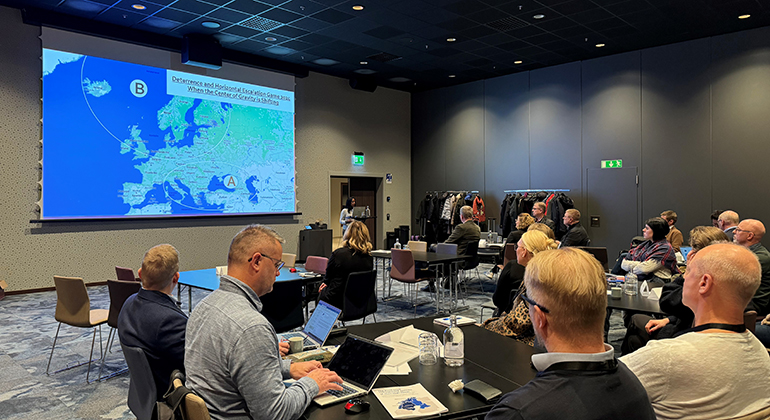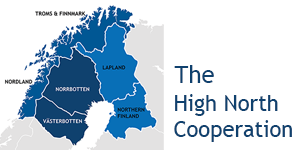
The High North Cooperation invited participants to an international cooperation course with a particular focus on NATO’s fifth baseline requirement: the ability to deal with mass casualties and disruptive health crises. The course brought together actors from Finland, Sweden and Norway for two days of networking, lectures and workshops. Lars Hedström and Maria Jontén from the Swedish Defense Academy in Stockholm moderated the course.
It is the second year that the ICC, International Cooperation Course has been conducted in Umeå, Sweden.
“There is great interest among experts in this area to expand cooperation between the countries. Partly to share experiences and learn from each other, but also because they see an actual need to be able to support each other in the event of a crisis or war. Healthcare already has major challenges, and we know that it would be many times worse in the event of war,” says Linda Hällgren, crisis and contingency officer at the Västerbotten County Administrative Board and responsible for planning and implementing the course.
The aim of the course was to increase the participants’ understanding of the northern region from a civil preparedness perspective, to provide the opportunity for networking between regional and national actors in Finland, Sweden, and Norway, and to increase knowledge of the countries from a civil preparedness perspective with a particular focus on handling mass casualties and disruptive health crises.
“It has been two very interesting days where we have learned from each other, shared knowledge and experiences in the area of civil preparedness. It is important that we have good relations with our nearest neighbours. Together we build resilience and strengthen the regional cooperation,” says Magnus Hansson, director of defence at the County Administrative Board.
